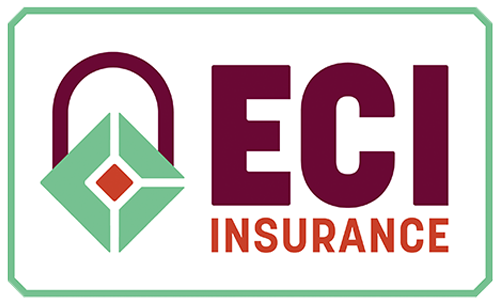
Here’s a look at five changes to address after a divorce.
1. Life insurance
Often, the requirement to purchase a life insurance policy that names an ex-spouse as beneficiary may be required under a divorce agreement…especially if there’s children involved. If a former spouse passes away, the surviving ex-spouse can use the life insurance payout to replace alimony or child support payments.
Term life is an inexpensive way to provide this type reassurance. You choose the term period which could be for 5 ,10, 15, 20. 30, or 40 years. The second step would be to choose the amount that the life insurance policy will be for. Once the term ends, the coverage ends.
If there are no ongoing financial obligations as part of a divorce agreement, then it may make sense to remove an ex-spouse as a beneficiary on an existing life insurance policy.
On the flip side, changes may also need to be made if life insurance policies were purchased prior to the divorce since so often your spouse is the beneficiary. Depending on the relationship, you may not desire that any more. After the divorce keep in mind that if your ex spouse was your beneficiary you can change that at any time.
2. Disability insurance
Disability pays a portion of your income if you are disabled due to an injury or illness. This can be short term disability- usually 12 weeks or less- or it can be long term disability. Odds of becoming disabled for 90 or more days are very likely- just think pregnancy. For those in their 20’s there is a 1 in 8 chance of dying before reaching the age eligible for Social Security benefits and a 1 in 4 chance of becoming disabled. It’s always a good idea to have disability coverage of your own if you are earning your own income. If you’ll be depending on alimony or child support after a divorce then it’s important to have the divorce agreement require your ex to have a disability policy in place.
3. Health insurance
You can keep your health insurance after divorce if you have your own coverage, but remaining as a dependent on your ex’s plan offered through their job is not an option. Don’t fret though, you have a few options:
- Sign up for coverage that is offered through your job You can sign up outside the regular open enrollment period if you’ve had a life changing event. Loosing coverage from another source qualifies as a life changing event.
- Buy a policy directly from a health insurance company or your state’s health insurance marketplace.
- Keep the coverage through your ex-spouse’s health plan, but be aware you will have to pay for it yourself. To do this, you elect COBRA insurance, named after the federal Consolidated Omnibus Budget Reconciliation Act. The law lets family members who lose group health insurance because of divorce and other life changes buy the coverage for up to 36 months. The law applies to health plans sponsored by state and local governments and private companies with 20 or more employees. Many states have similar laws that apply to businesses with fewer than 20 workers. To elect COBRA coverage, let your health insurance plan provider know about the divorce; you’ll receive instructions on how to continue coverage and the cost. Questions? Talk to the person in charge of benefits at your ex-spouse’s employer.
4. Car insurance
Once you’ve decided on how to split up the vehicles, you’ll need to purchase separate policies. While one spouse can remove the other as driver on the policy they once shared, it’s typically recommended for both parties to purchase brand new policies. If you’re buying a new policy, get car insurance quotes from different carriers. Shopping your policy is especially important because you may lose discounts you had before, such as discounts for being married and insuring multiple cars with one company. An independent agent can shop multiple companies for you at one time.
Have teen drivers in the household? The kids may need to be listed drivers on both parent’s policies. The only way to make sure is to check with your car insurance companies.
5. Home insurance
After the divorce is final, you’ll need to adjust the policy for whomever the house is titled to. If one spouse owns the house while the other is renting and occupying it the spouse that owns will need to purchase a homeowner’s policy while the spouse that is renting needs to purchase a renter’s policy. A renter’s policy would be applicable as well if you have to move to rental home or apartment after the divorce is finalized.
Renters insurance covers your belongings and provides liability insurance. For example, liability would pay for repairs if your kid threw a ball through someone’s window, or pay for medical treatment if a guest tripped and fell in your apartment and you were held responsible. It could also pay for your items like furniture, electronics, and clothing if a covered loss damages them. Renters insurance also pays for expenses if you have to stay somewhere else while your apartment is repaired after a disaster, such as a fire. It would not cover the apartment or house your rent since you do not own it. A homeowner’s policy would cover the house if it was damaged.
Insurance matters can be complicated in the best of times, let alone in the middle of a traumatic life change. Questions regarding your policy? ECI is always here.


